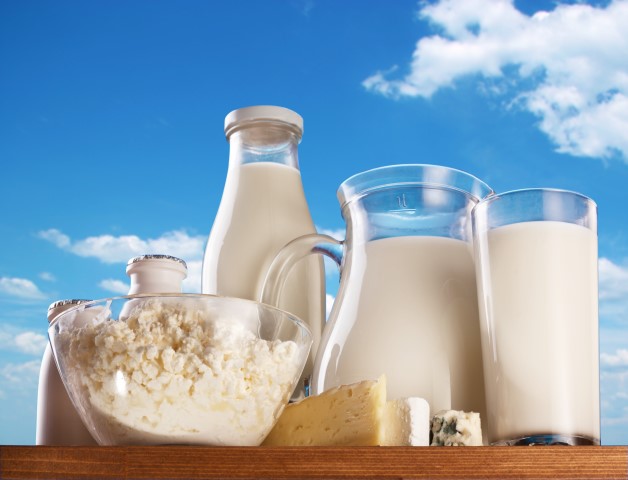According to DairyCo, current conditions in the global dairy market are impacting negatively on both UK wholesale prices and farmgate returns. As a region the UK uses around 50% of milk produced for the home liquid sector and retains a lot of manufactured goods internally.
DairyCo’s analysis confirms that, at present, prices appear to be only heading one way and have been since the beginning of 2014. Buyer demand is weak following anecdotal reports around buyers, such as China, forward-buying in 2013 leaving them distant from the market in 2014. This combined with an increase in global supply and the Russian ban, has been placing uncertainty on the global market.
Global market conditions, such as those at present, impact the UK due to trade competitiveness. Those products which are kept in the British market are under threat from imports while those products which are exported face competition from other exporting nations. This means UK processors will need to be price competitive or offer a product of sufficiently high quality to obtain a premium.
These pressures, in turn, feed back into UK farmgate prices. However, EU farmgate returns react to global wholesale price movements quicker and to a larger scale than UK prices because more EU milk is used for traded commodity products. This helps to eliminate some of the volatility from GB markets seen in global prices and is a benefit derived from having such a large liquid market.
However, DairyCo analysts believe that the volatility in UK farmgate prices to set increase over time. If UK milk production increases, the likelihood is that milk used for manufacturing will increase more than liquid. The increase in dairy products combined with only moderate growth in UK domestic demand means import substitution and/or exports will increase, thus increasing the UK’s links with the EU and global markets.
